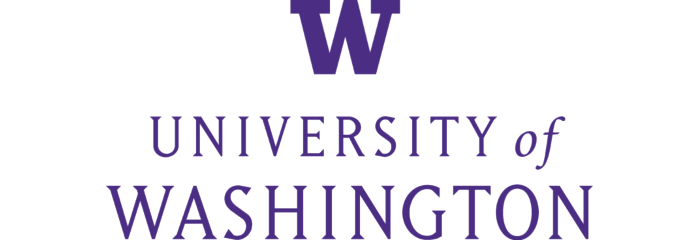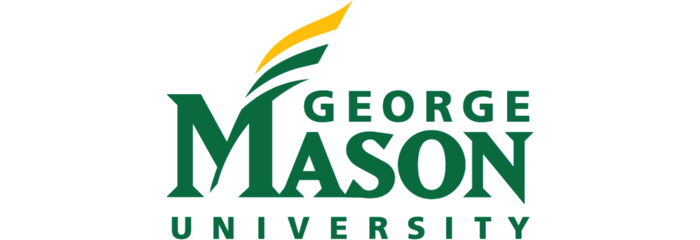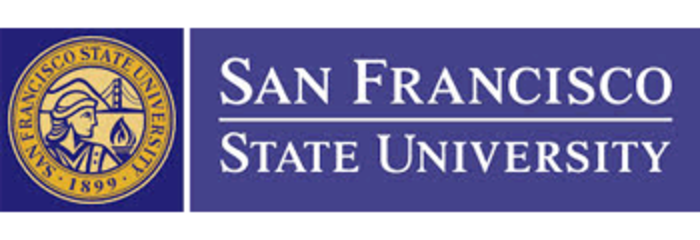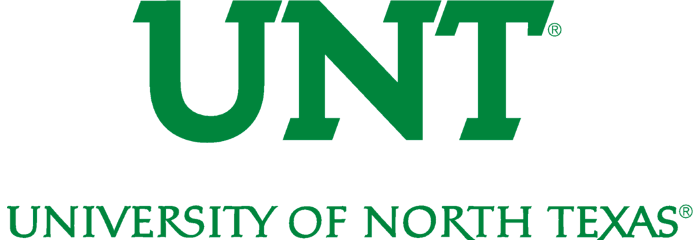
25 Best Master's in Writing Programs 2020
This list highlights the 25 best schools offering master's degrees in writing, compiled based on alumni earnings in the year after graduation. The University of Washington, located in Seattle, ranks number one with a median alumni salary of $68,600. Writing graduates of second-ranked George Mason University earned a median salary of $51,700 in their first year after graduating. University of North Texas has the lowest median student debt on the list, at $29,351.
Tuition, median salaries, and median debt were reported by the U.S. Department of Education in November 2019. View our methodology for more details about these rankings or read more about the top-ranked schools.
| School | Annual Tuition | Median Debt | Median Salary |
|---|---|---|---|
| University of Washington - Seattle | $31,530 | $37,373 | $68,600 |
| George Mason University | $38,986 | $41,000 | $51,700 |
| San Francisco State University | $18,462 | $42,500 | $42,400 |
| University of North Texas | $15,596 | $29,351 | $40,500 |
| Emerson College | $33,052 | $59,105 | $39,100 |
| DePaul University | $22,109 | $40,744 | $38,300 |
| Texas State University | $17,220 | $32,139 | $36,800 |
| The University of Tampa | $12,394 | $42,365 | $34,600 |
| California State University - San Bernardino | $18,424 | Not Reported | $34,200 |
| Portland State University | $22,296 | $34,197 | $33,600 |
| New York University | $39,592 | $46,250 | $32,900 |
| CUNY City College | $20,832 | $38,500 | $32,000 |
| Lindenwood University | $8,580 | $35,382 | $31,900 |
| Goddard College | $22,511 | $41,000 | $31,900 |
2020 Best Colleges Highlights

The Master of Fine Arts in Creative Writing at the University of Washington — Seattle is a highly selective program designed to cultivate each student’s unique and individual talent. Students choose to concentrate their studies in prose or poetry and spend two years refining their craft. The curriculum includes workshops, literary seminars, and coursework in literary types and periods. In addition to a required critical essay and oral presentation, students complete the creative writing degree program with a completed manuscript.
The program at the University of Seattle admits 10 to 12 students each year, supporting no more than 25 students at a time. This offers students an immersive experience among a small cohort of peers who share a passion for writing and receive dedicated guidance from published faculty. In addition to grants, fellowships, and teaching assistantships, students have the opportunity to receive funding through the university’s partnership with the Amazon Literary Partnership.

The MFA in Creative Writing at George Mason University sees its students and faculty as “members of a literary community” and encourages this fellowship through an immersive curriculum and activities outside of the classroom. Students elect to concentrate their studies in fiction, nonfiction, or poetry under the teaching and guidance of published and award-winning faculty. Workshops, seminars, and coursework help students refine their talents and craft.
Students will all take a forms course, a program architecture course (including craft lecture, literature, electives, and workshops), a cross-genre concentration, a one-unit course under the teaching of a visiting writer, and, finally, a two-semester thesis project. MFA students will get the opportunity to learn about writing and publishing through more than course work – George Mason University hosts literary festivals, creates regular journal publications, and has a student-managed publication, called Stillhouse Press.

San Francisco State University’s Master of Fine Arts in Creative Writing provides students the opportunity to create an individualized curriculum that best matches their talents, interests, and academic and career ambitions. Rather than having established tracks, the program offers a diverse array of courses that writers may select in building a unique plan of study. Students can choose to complete their degree on a full-time or part-time schedule in three or seven years, respectively.
Students of the creative writing degree program can focus their studies on fiction, creative nonfiction, playwriting, or poetry — or any combination of the four — through writing workshops and courses in directed writing, creative processes, and literature. Students can choose to further refine their literary goals with coursework in teaching the craft, literary translation, and the business side of the discipline. This allows students to graduate from the program with a well-rounded education in writing, publishing, editing, and teaching.
The university also offers a Master of Arts in English: Creative Writing, a 30-unit program that fosters growth in three key areas: workshops, literature, and creative process (nine units in each section). This blend of courses encourages students to let their writing make them more observant readers, and let their reading make them more engaging writers. Additionally, students will write a thesis, which accounts for the remaining three units required to complete the degree.

Students earning the Master of Arts in Creative Writing at the University of North Texas (UNT) are immersed in a host of on-campus, literary-rich activities, events, and opportunities. The degree program requires 33 credits of theory, writing, and literature coursework, along with writing workshops. The culmination of the program is a thesis in fiction, creative nonfiction, or poetry concentrations. In the "Form and Theory" category, students can choose to take a form and theory course focused on either poetry or prose. There are 12 hours of workshops, where students choose three workshops within their genre of focus and one that is outside of their genre of focus. The program also requires 12 hours of elective courses, and all students will write a thesis (which counts for 6 semester hours).
The creative writing degree program hosts a visiting writer series and facilitates regular student reading series, encouraging an environment dedicated to the craft of writing. UNT is also home to American Literary Review, a national literary journal, offering students the opportunity to gain practical experience and knowledge in the world of publishing.